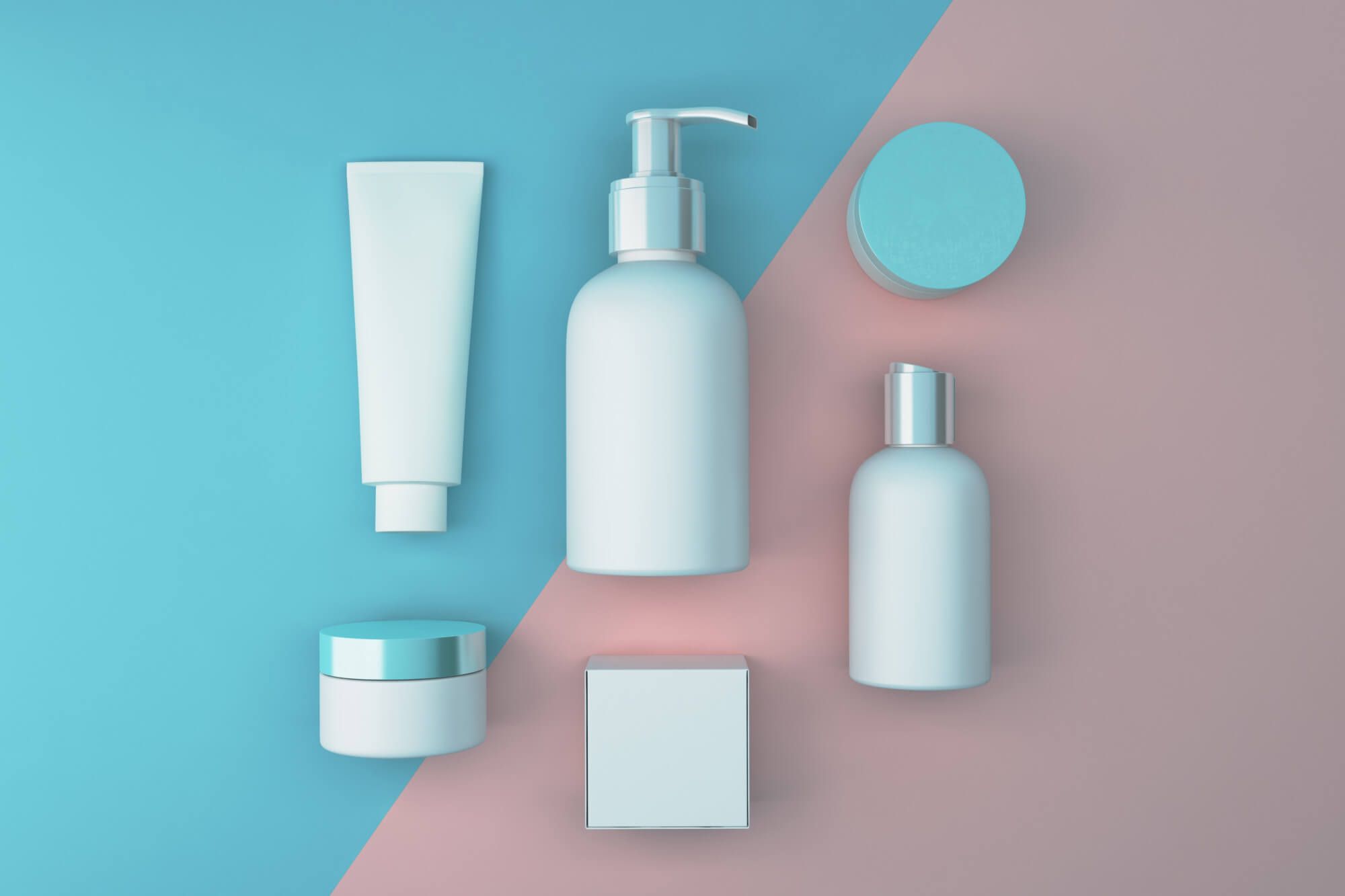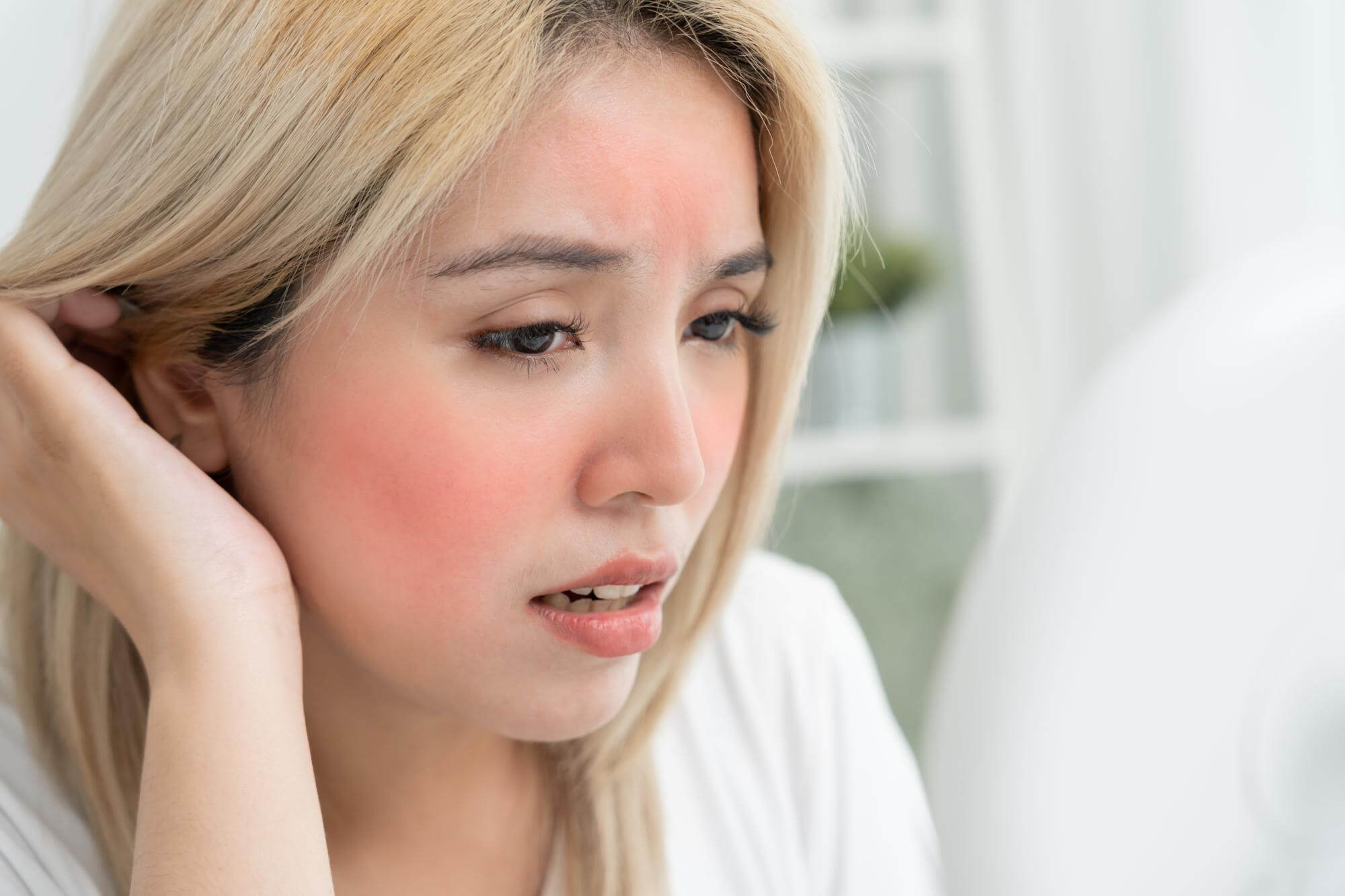Allergies to cosmetic products: practical tips


Eva Zakharova
Allergies to cosmetics: causes and risk factors
Allergies to cosmetics is a common problem faced by many people. In this article we will understand how allergies to cosmetics manifest themselves, how to check cosmetics for allergies and what to do if you have an allergic reaction on the face.
Chemical substances in cosmetics
One of the main causes of allergies to cosmetics is the presence of chemicals in products. These include perfume ingredients, preservatives and dyes. It is these substances can cause irritation and allergic reactions on the skin.
Individual intolerance to the components
Each person has its own characteristics of the body, and what suits one person can cause another person an allergic reaction. Individual intolerance to the components of cosmetics can be connected with hereditary factors or peculiarities of the immune system.
Cross-allergies
Another cause of allergies to cosmetics can be a cross reaction. This means that the body is already sensitive to certain allergens, and the introduction of new substances can cause an allergic reaction to already known allergens.
Factors that trigger allergies
Among the factors that can provoke an allergy to cosmetics are frequent use of cosmetics, improper skin care, and poor hygiene when using cosmetic accessories.
Symptoms of allergies to cosmetics

Allergies to cosmetics can manifest with a variety of symptoms, which include:
Skin manifestations
Typically, cosmetics allergies manifest on the skin as redness, itching, swelling or rash. Blisters and crusts may form on the affected areas. If you notice similar symptoms on the face, it is worth seeing an allergist to identify the cause and prescribe treatment.
Eye symptoms
Allergies to cosmetics can also appear in the form of eye symptoms. These include itching, redness and swelling of the eyelids, lacrimation. If you notice such signs after using new cosmetics, such as mascara or eye shadows, it is better to stop using this product and consult a doctor.
Reactions of mucous membranes
Allergies to cosmetics can cause reactions of the mucous membranes of the nose and throat. For example, a person may experience symptoms of allergic rhinitis, such as nasal congestion, sneezing and nasal itching. In some cases, irritation of the throat and coughing may occur.
Diagnosing cosmetic allergies
To accurately determine the cause of an allergic reaction to cosmetics, doctors use the following methods:
- The doctor examines the affected areas of the skin and also collects a history, finding out what cosmetic products have been used and what symptoms have occurred.
- Allergy tests can help determine which specific substances the patient is hypersensitive to. This will help avoid contact with allergens in the future.
- A patch test is the application of a small amount of a cosmetic product or its components to the skin. After a certain period of time, the doctor will evaluate your skin's reaction to the substances being tested and determine a possible allergy.
Treatment and prevention of cosmetic allergies

If you are found to be allergic to cosmetics, the doctor will prescribe appropriate treatment and make recommendations for the prevention of allergies.
The first thing to do with cosmetic allergies is to eliminate contact with allergens. Pay attention to the composition of cosmetics and replace them with hypoallergenic analogues.
To treat cosmetic allergies, antihistamines (such as Suprastin, Cetrin) may be prescribed, as well as ointments and creams with anti-inflammatory and healing effects, such as Fenistil Gel or Bepanten.
Recommendations for allergy prevention
To prevent allergies to cosmetics, the following recommendations should be followed:
- Choose cosmetics with natural ingredients and without fragrances.
- Pay attention to hypoallergenic lines of cosmetic brands.
- Monitor the hygiene of cosmetic accessories and change them regularly.
- Test cosmetics for allergies on a small patch of skin before use.
Alternative treatments for cosmetic allergies

In addition to medication, there are alternative methods of dealing with cosmetic allergies.
Homeopathy and allergies
Homeopathic remedies can be used as an adjunct in the treatment of allergies. However, a doctor should be consulted before using homeopathy.
Phytotherapy in the fight against allergies
Medicinal plants can also help with cosmetic allergies. Use decoctions and infusions of chamomile, calendula, and sage to relieve allergy symptoms and accelerate skin healing. However, it is advisable to consult a doctor before using infusions and decoctions.
Body cleansing procedures
To reduce the burden on the immune system and eliminate the allergic reaction, you can use methods to cleanse the body, such as detox diets or taking sorbents (activated charcoal, polysorb). However, these methods should only be used under the supervision of a doctor.
Allergies to cosmetics is a fairly common problem, which requires a careful approach to the choice of cosmetics and treatment. It is important to remember that choosing the right cosmetics, hygiene and allergy prevention can help avoid allergic reactions and keep your skin beautiful and healthy. If you are allergic to cosmetic products, be sure to contact an allergist for diagnosis and prescription of adequate treatment.
New materials
Popular Articles
We recommend reading
Contact us in the Contact Us section to ask questions, offer ideas, or for more information about our allergy resource.
Our articles are your trusted source of allergy knowledge. Learn how to make life with allergic reactions easier on our specialized portal.
©
Lechenie-Allergii.com. All rights reserved.
© Lechenie-Allergii.com. All rights reserved.
The information on this site is for informational purposes only and is not a substitute for professional medical advice. We recommend consulting with qualified medical professionals for accurate information and advice.
 English
English  Українська
Українська  Русский
Русский 









